Asha
“To all Black women who read this and who have ever been hurt: Who have ever been scared. Who needs advocacy, I am here for you. I love you. Let me help you find your voice.”
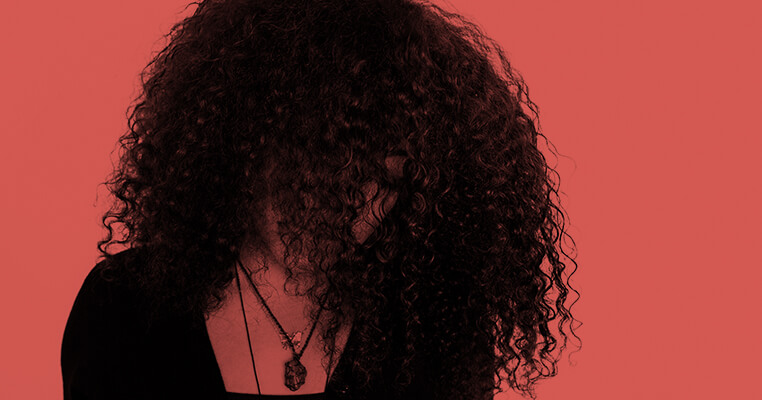 As a child, I used to think Canada was a safe and all-accepting space, despite being called a “zebra” or an “oreo” by classmates. I sat there, forcing myself to laugh at the offensive jabs being made at my expense. Watching other children I considered to be friends playfully mock the fact that I was biracial.
As a child, I used to think Canada was a safe and all-accepting space, despite being called a “zebra” or an “oreo” by classmates. I sat there, forcing myself to laugh at the offensive jabs being made at my expense. Watching other children I considered to be friends playfully mock the fact that I was biracial.
One thing I learned early on in life is this: when you are a lamb amongst wolves, you must act like them. Otherwise, they will realize you are food.
To be a black woman in Canada, where racism lurks in the shadows of passive aggression, is hard enough to bear. Being a Black woman and a survivor of assault with nowhere to turn, no one relatable to talk to, and no one to be your voice is an entirely different level of suffering.
To me, Canada is a country where racism is presented behind one's back, as opposed to America, where racism is blatantly in your face. As beautiful as this country is, it is a place where most black people are too busy striving to obtain white privilege to actually fight it. Or don’t even acknowledge it exists. I love my country, but we still have a long way to go.
As a woman who is both Black and Metis in Canada and who grew up a good portion of her teens and early adulthood in brutal violence and sexual assault, I had two choices to make. Either wallow in the sorrow of the tumultuous trauma I was brought up in, or make it all worth something by trying to make a difference. I cannot tell you how many times after I was beaten or after I was raped, all I wanted was someone who I felt could better understand me, who looked more like me, and who was more relatable to me to talk to. To cry to. To approach and ask for advocacy, because why on earth, as a black woman, would I ever want to walk into a building full of people of another race and let them see my tears? I was taught growing up that we black people need to be tougher. We need to be stronger. We do not show our pain to the rest of society. We stand by the suffering of our enslaved ancestors. We stand tall and stuff the pain down in their name. This is something that only another person of my ethnicity can understand, and why it is so important for me and women like me to work in this vulnerable sector.
I rarely ever see a Black woman come into the Surrey Women's Centre to speak. I never see anyone approach our van when we are doing outreach on the street, but I know they are out there. Young girls and women who are or who have suffered just like me and are in need of help. Who do not step forward, perhaps because they are so used to not having anyone to turn to. I want them to know that now they have a sister in arms who will listen to them, who will fight for justice for them, and who will support them from a level of much-needed understanding.
That is why I do what I do. That is why I am here. To help. To give women of our demographic someone familiar to turn to when they feel they have no one. To all Black women who read this and who have ever been hurt: Who have ever been scared. Who needs advocacy, I am here for you. I love you. Let me help you find your voice.
Back to Stories
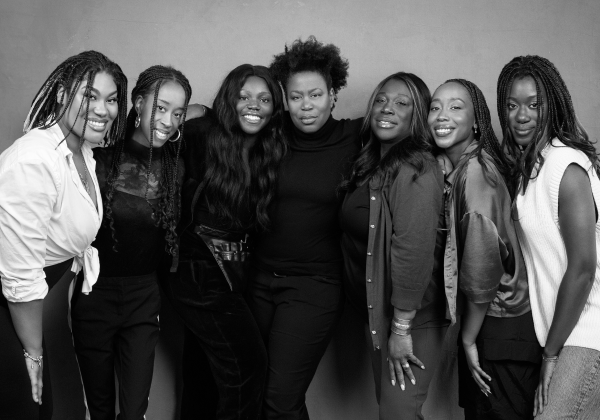
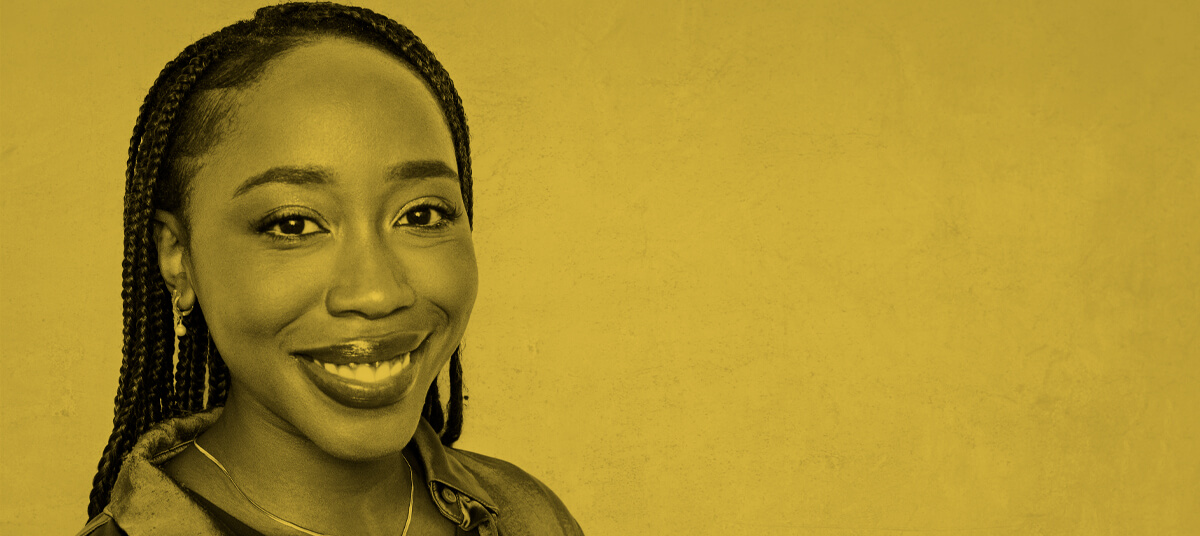

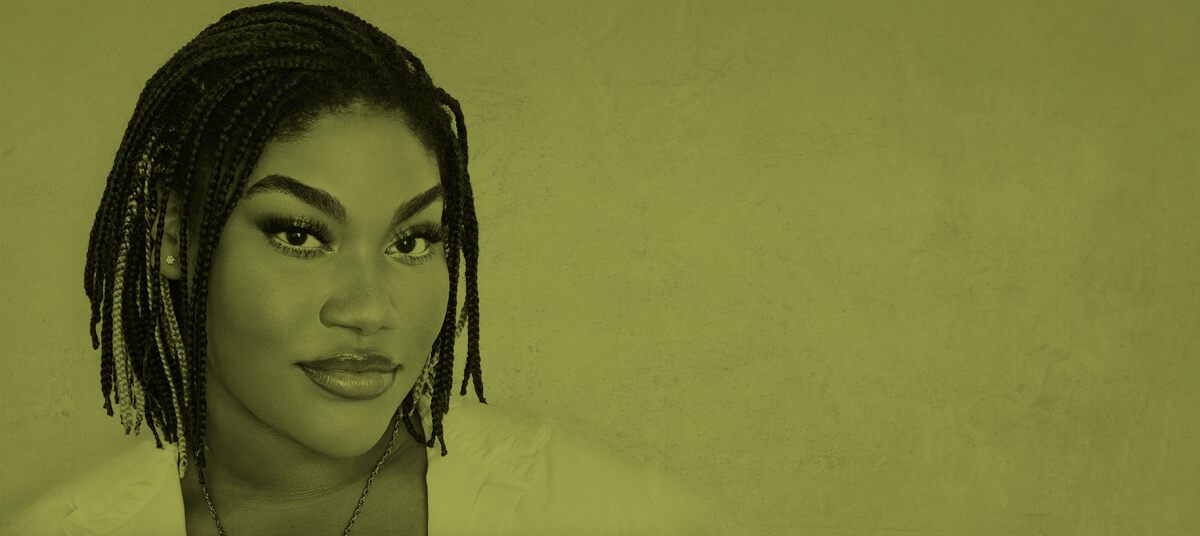
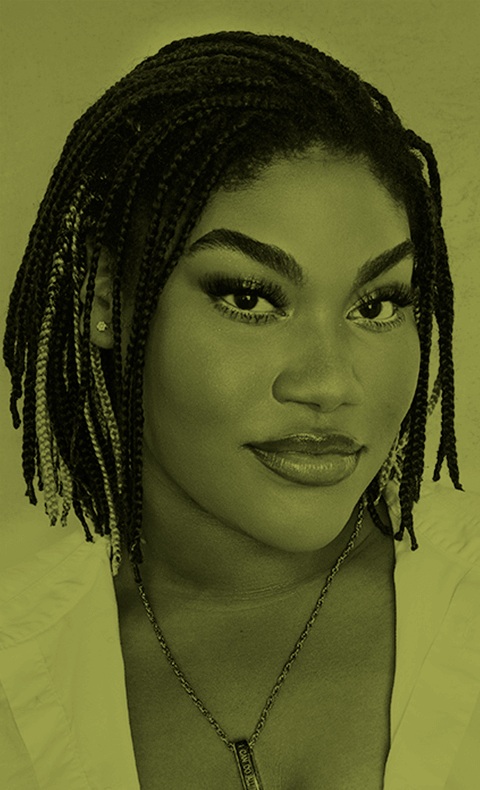
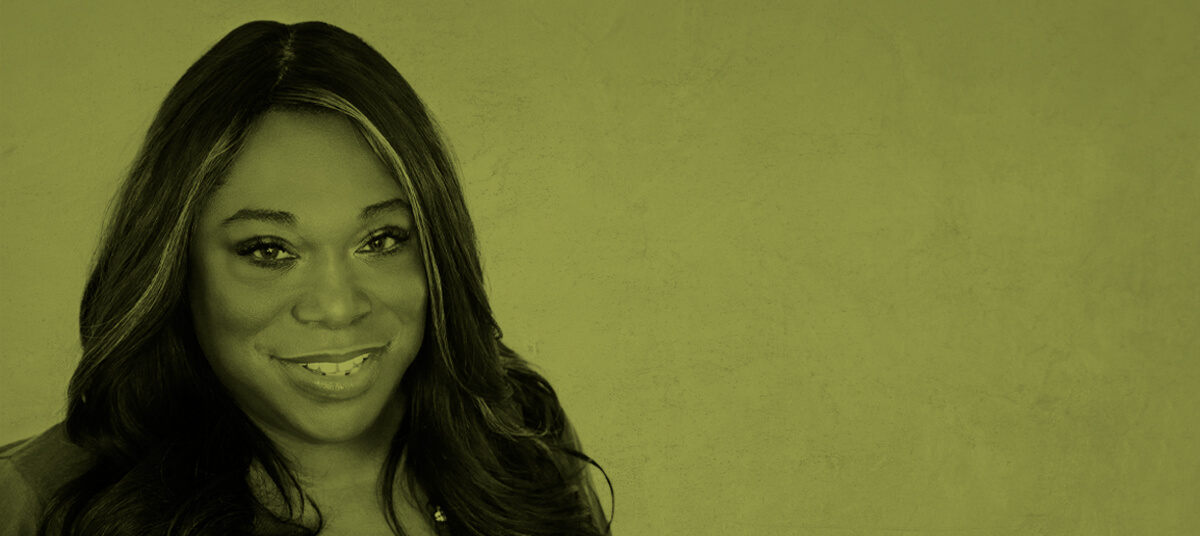
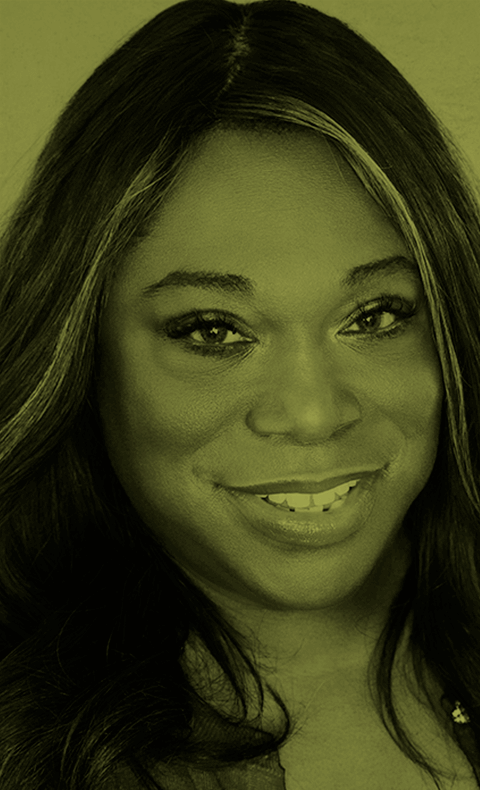
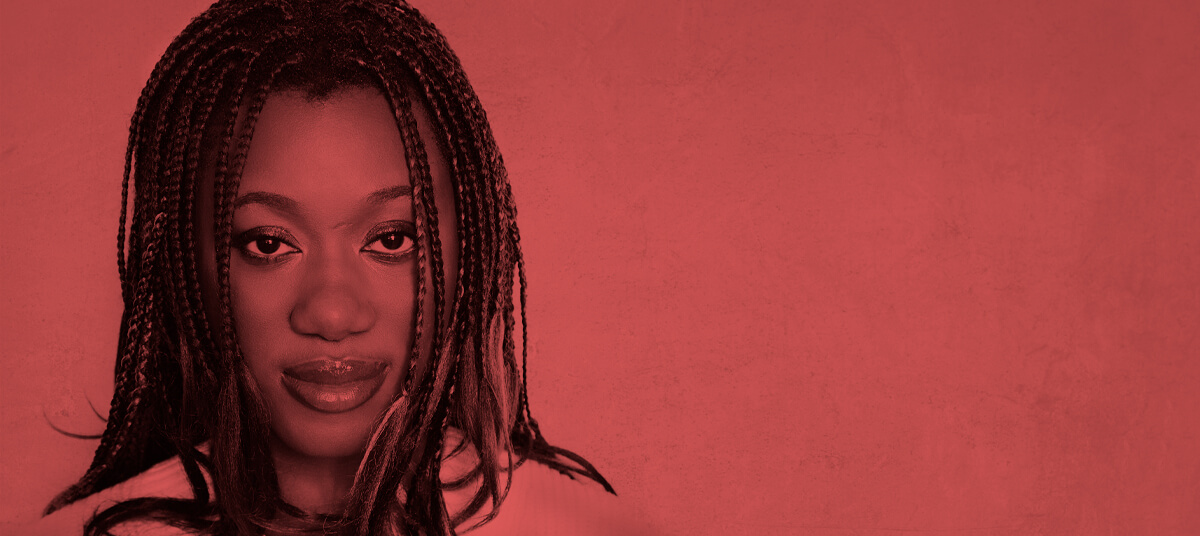

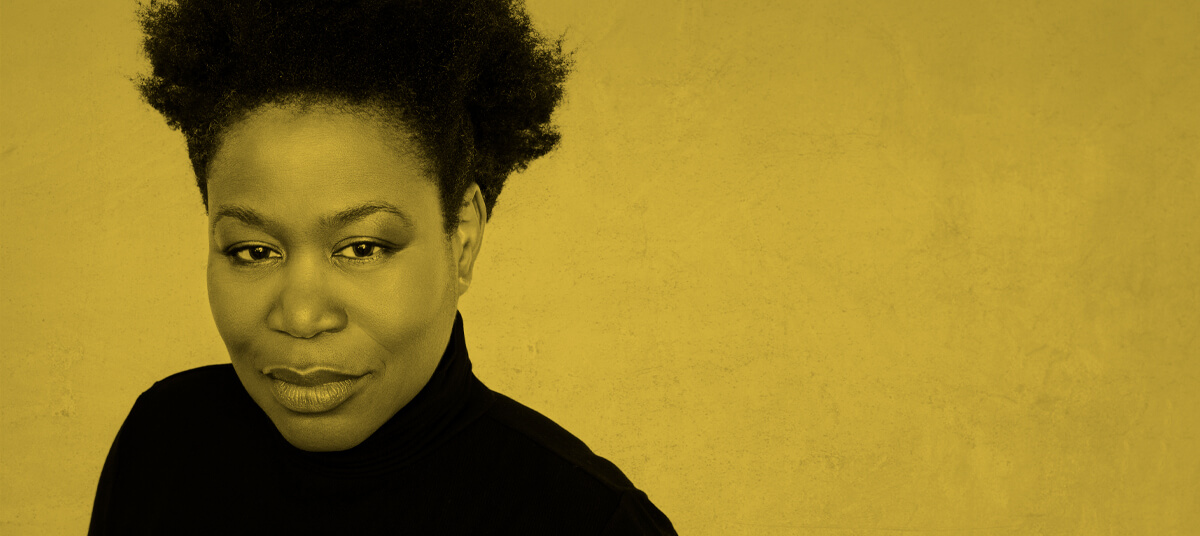
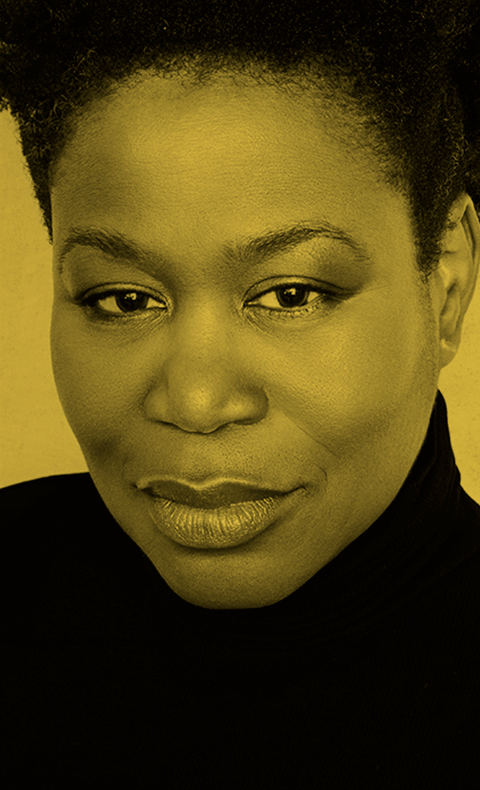
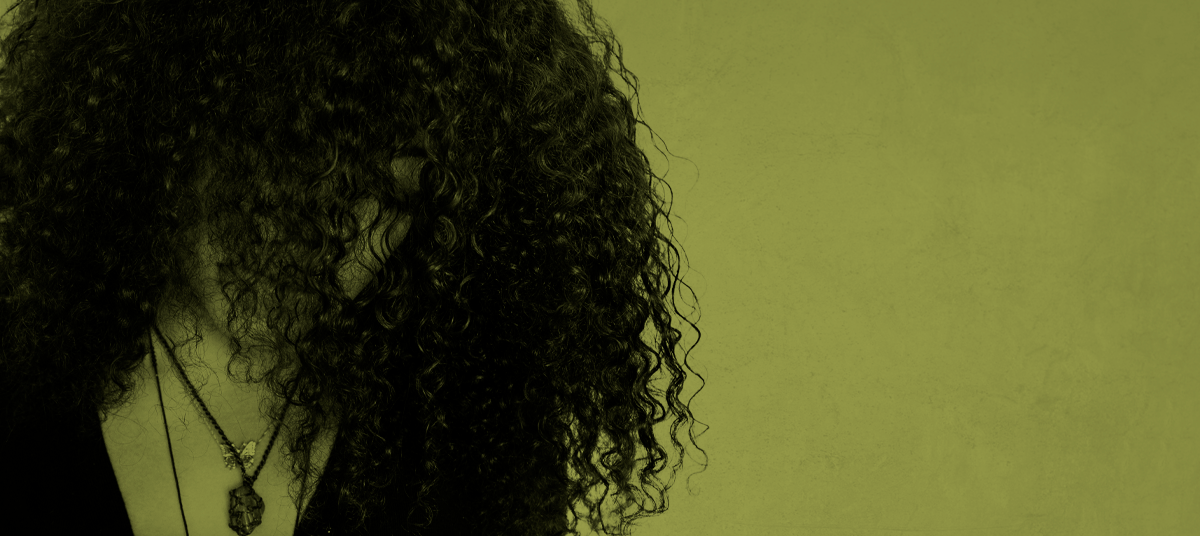


 As a child, I used to think Canada was a safe and all-accepting space, despite being called a “zebra” or an “oreo” by classmates. I sat there, forcing myself to laugh at the offensive jabs being made at my expense. Watching other children I considered to be friends playfully mock the fact that I was biracial.
As a child, I used to think Canada was a safe and all-accepting space, despite being called a “zebra” or an “oreo” by classmates. I sat there, forcing myself to laugh at the offensive jabs being made at my expense. Watching other children I considered to be friends playfully mock the fact that I was biracial.